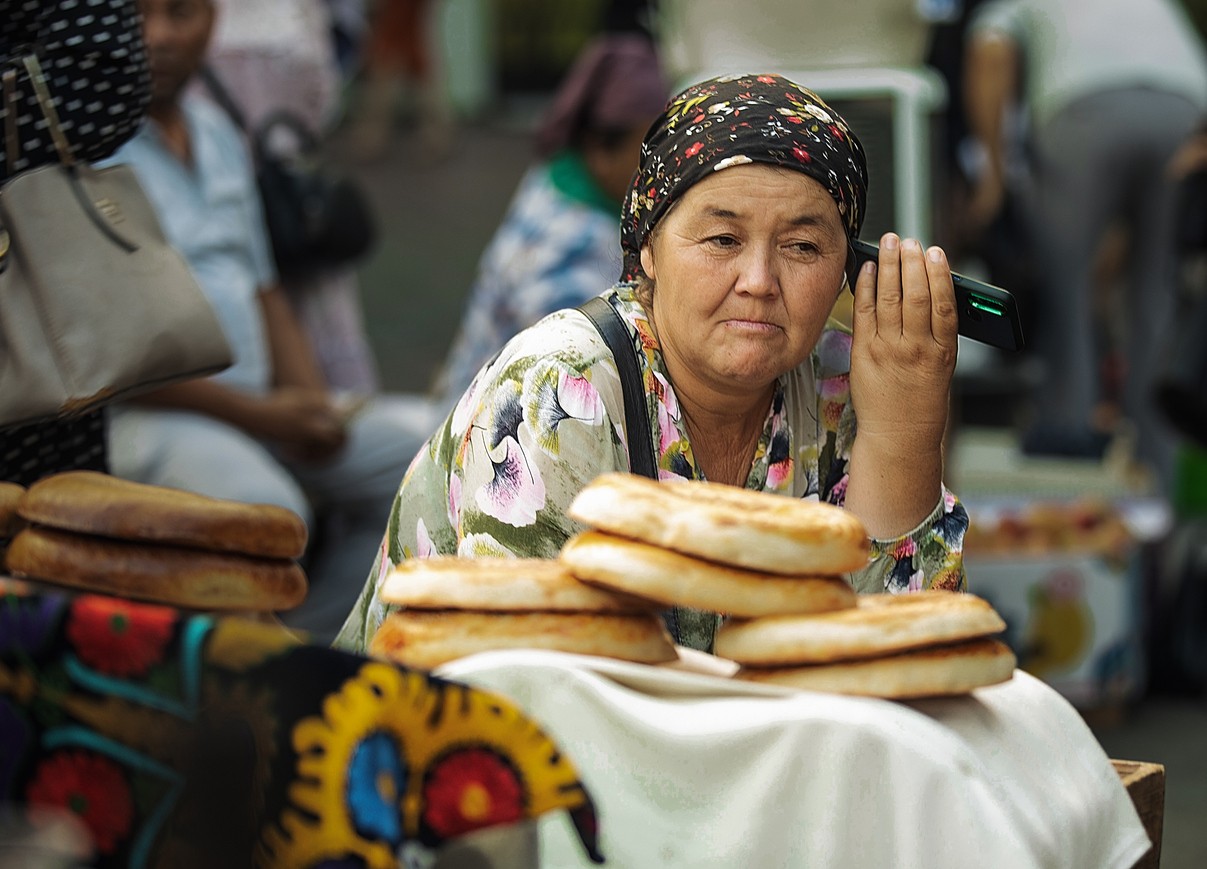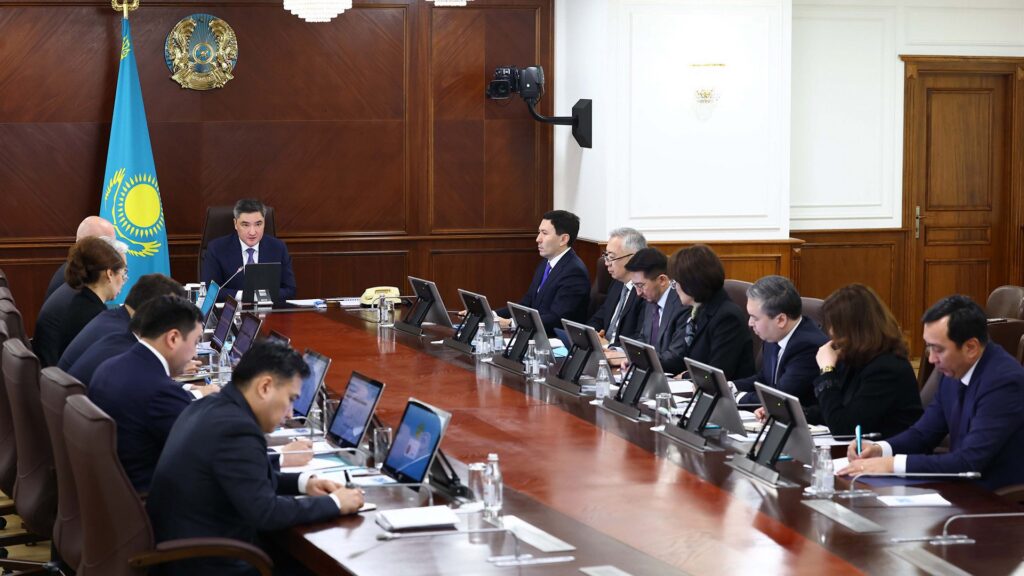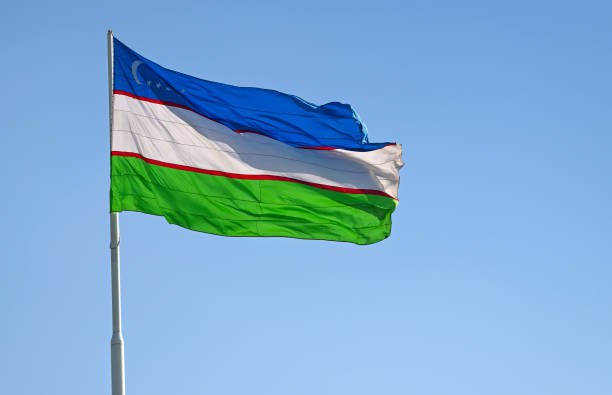According to a report newly published by the US Department of State, titled “2024 Investment Climate Statements: Uzbekistan”, the country aims to develop its economy, work towards eliminating poverty and achieve above-average income status by 2030.
The government regards foreign direct investment as key to attaining its goals, and increasing interest has been expressed by American investors. Although challenges remain, Uzbekistan has the potential to become a regional economic leader thanks to its large and growing population, rich natural resources, and developed infrastructure.
Bilaterally landlocked, the economy largely depends on trade with regional neighbors and thus, Uzbekistan cannot provide stable employment for its rapidly growing population of 37 million. State policy aims to ensure social stability and stabilize growth rates by directing public and private investments to areas that will create new jobs and strengthen the country’s economic sovereignty.
The Government of Uzbekistan (GOU) manages investment flows through annual and mid-term investment programs, mainly concerning developments in infrastructure, industrialization, and natural resource projects. The current National Investment Program for 2023-2025 comprises nearly 800 projects worth $55.4 billion. Medium-term targets for 2030 are eradicating poverty and becoming a high-middle-income country.
Foreign ownership and the control of airlines, railways, long-distance telecommunication networks, and other sectors related to national security require special GOU permission. By law, because foreign nationals cannot obtain a license or tax permit for individual entrepreneurship in Uzbekistan, they cannot be self-employed and must be employed by a legally recognized entity.
The law in Uzbekistan states that local companies with at least 15% foreign ownership can qualify as having a foreign investment. The minimum fixed charter-funding requirement for a company with foreign investment is 400 million UZS (USD 1 equals 12,500 UZS as of March 2024). Minimum charter funding requirements can differ for business activities subject to licensing. For example, that for banking activities is 100 billion UZS; for microcredit organizations, 2 billion UZS; for pawnshops, 500 million UZS; for production of ethyl alcohol and alcoholic beverages,10,000; for lotteries, 200 million UZS; and for tourism operators, 400 BCRs; Base Calculation Rates (BCR) (one BCR equals 340,000 UZS or about $27, as of March 2024). Foreign investment in media enterprises is limited to 30%.
The government closely monitors foreign investment in strategic sectors such as mining, energy, transport, banking, and telecommunications. There is no straightforward screening process, and some laws are designed to protect domestic industry and limit foreign competition, such as banning 529 imported goods in 2021. The ban applies when there are at least two domestic suppliers but no restrictions are imposed on US investors.
Uzbekistan has laws to protect entrepreneurs and investors, including “On Competition” and “On Investments.” However, the rules can be complex and sometimes contradictory. In some cases, businesses must comply with government decisions that are unavailable to the public. Foreign investors often seek benefits through Presidential Decrees to avoid such issues, though these can be easily revoked.
The regulatory system reform is still in progress. The government’s “Uzbekistan 2030” development strategy includes a range of reforms to further improve the business environment, suppress unlawful interference by government authorities in the activities of businesses, decentralize and democratize the public administration system, and expand public-private partnerships. Meanwhile, current legislation still contains unclear or incomplete definitions and references, which leave room for misinterpretation. In some cases, private businesses may face difficulties associated with legislation enforcement.
By way of providing guidance, the World Bank’s Global Indicators of Regulatory Governance offers further information on Uzbekistan’s regulatory system.









